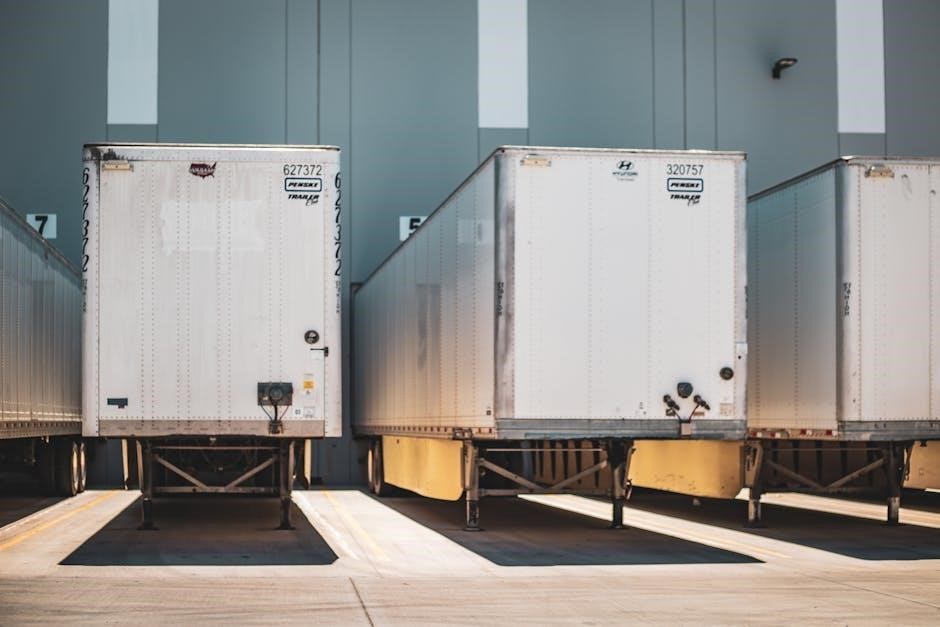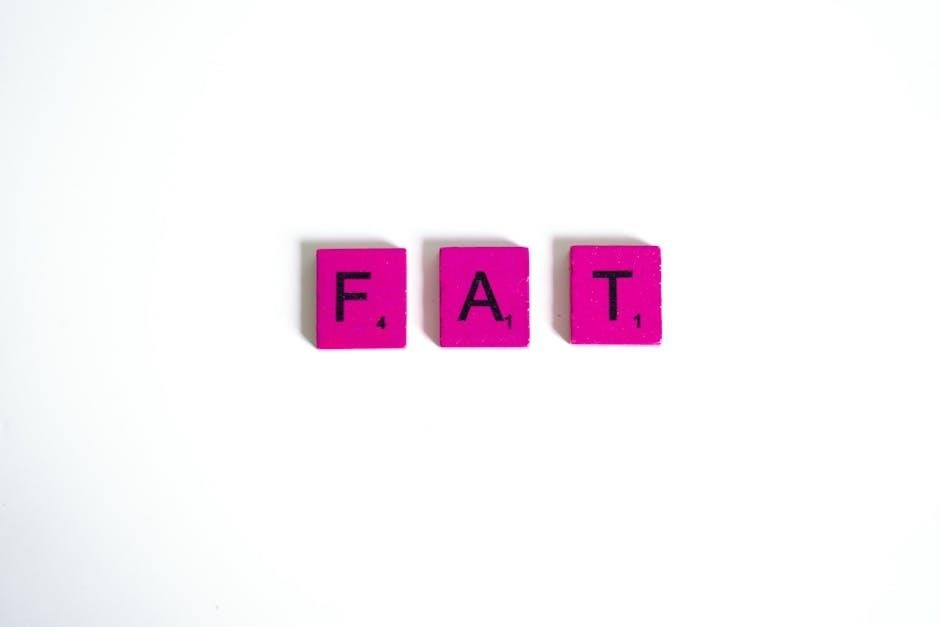David Brooks’ article explores America’s cultural shift toward rudeness, cruelty, and division, examining how societal changes, economic inequality, and media polarization fuel contempt and erode empathy.
Overview of the Article by David Brooks
David Brooks’ article, “How America Got Mean,” delves into the cultural and societal shifts that have led to a rise in rudeness, cruelty, and division in America. He argues that the nation’s growing meanness stems from demographic changes, economic inequality, and the amplification of contempt through media. Brooks highlights how these factors have eroded empathy and deepened social divides, fostering a culture where political polarization and outrage are normalized. He also critiques the “outrage industrial complex,” which profits from pitting Americans against each other. Brooks calls for a collective reckoning, urging a return to empathy and the rebuilding of social bonds to counteract the toxic trends reshaping American society.
The Growing Culture of Rudeness and Cruelty in America
America has witnessed a troubling rise in rudeness and cruelty, with social interactions becoming increasingly hostile. This shift is evident in rising rates of sadness and hopelessness, particularly among young people, which jumped from 26% in 2009 to 44% in 2021. Over half of Americans report feeling isolated, with no one knowing them well, and a record 25% of 40-year-olds have never married. These trends reflect a society where empathy is dwindling, and contempt is normalized. The erosion of trust and community bonds has created an environment where cruelty flourishes, further alienating individuals and deepening societal fractures. This cultural degradation underscores a nation in crisis, struggling to reconnect.

Key Factors Contributing to America’s Mean-Spirited Culture
Demographic shifts, economic inequality, and the outrage industrial complex fuel America’s mean-spirited culture, creating division, fear, and alienation among its citizens.
Demographic Shifts and the Rise of Diversity
As America transitions from a white-dominated society to a more diverse nation, millions of white Americans experience anxiety and a sense of loss. This demographic shift has sparked fear and resentment, contributing to a culture of contempt. The changing racial and ethnic landscape has led to political polarization, with many feeling threatened by the erosion of traditional social hierarchies. This anxiety often manifests as hostility toward minority groups, exacerbating societal divisions and fostering an environment of mean-spiritedness. The rapid pace of demographic change has left many struggling to adapt, fueling tensions that undermine social cohesion and empathy.
Economic Inequality and Its Impact on Society
Rising economic inequality has left many Americans feeling insecure and alienated, fostering a culture of resentment. High levels of wealth disparity have created stark divisions, with the wealthy few thriving while millions struggle to make ends meet. This economic instability has fueled pessimism and fear, leading to societal fragmentation. As opportunities diminish for many, frustration and anger grow, often directed at perceived competitors for scarce resources. The erosion of economic mobility has deepened class divides, contributing to a mean-spirited environment where empathy for others diminishes. Economic inequality not only strains individual lives but also undermines the social fabric, exacerbating America’s cultural shift toward cruelty and division.
The Role of the Outrage Industrial Complex
The outrage industrial complex thrives by amplifying division, turning political disagreements into personal attacks. Media outlets and social platforms profit by sensationalizing conflict, fostering a culture where contempt for opposing views is normalized; This machinery encourages individuals to view those with differing opinions as worthless or defective, rather than simply mistaken. By constantly exposing people to extreme rhetoric, it deepens polarization and erodes civil discourse. The result is a society increasingly defined by hostility and a decline in constructive dialogue, making it harder to address issues collaboratively. This cycle of outrage perpetuates mean-spiritedness, undermining efforts to rebuild social bonds and promote understanding. It shapes a culture where empathy is overshadowed by animosity.

The Role of Media and Politics in Fueling Contempt
Media and politics amplify division, creating a culture of contempt where opposing views are met with hostility, further polarizing society and eroding civil discourse and empathy.
How Political Polarization Shapes American Culture
Political polarization has deeply divided America, fostering a culture of “us versus them” mentality. This division has led to increased hostility and dehumanization of opposing groups, eroding civil discourse. The rise of partisan media and social platforms amplifies extreme views, creating echo chambers that reinforce contempt for others. Politicians often exploit these divisions for gain, further entrenching animosity. This polarization has seeped into everyday life, making compromise difficult and fostering a toxic environment where empathy is replaced by anger. The result is a fragmented society where mutual respect is increasingly rare, and contempt becomes the norm in public interactions and debates.
The Influence of Social Media on Social Interactions

Social media has profoundly shaped American culture by amplifying outrage and fostering divisiveness. Platforms prioritize sensational content, creating echo chambers that reinforce partisan views and normalize contempt. The anonymity of online interactions emboldens individuals to express hostility they might suppress in person. This digital vitriol spills into real-life conversations, eroding empathy and deepening societal divides. Moreover, the constant exposure to negativity online contributes to a culture of perpetual offense, where disagreements escalate into personal attacks. As a result, social media has become a breeding ground for meanness, undermining constructive dialogue and fueling America’s broader cultural shift toward cruelty and intolerance.

Historical Context of American Society
America’s mean-spiritedness has historical roots in economic inequality, racial tension, and political polarization. Steve Fraser’s analysis highlights how wealth disparities and power struggles shaped societal mistrust and division.
Steve Fraser’s Analysis of Wealth and Power in America
Steve Fraser’s work examines the historical dynamics of wealth and power in America, revealing how economic disparities have fueled social division. His studies show that the concentration of wealth among elites has led to widespread resentment and a decline in social cohesion. Fraser argues that this imbalance has roots in the early 20th century, where industrialization and capitalism created vast inequalities. Over time, these disparities have been exacerbated by policy decisions and cultural shifts, contributing to the erosion of trust and the rise of a mean-spirited culture. His analysis provides a foundational understanding of the systemic issues driving America’s current societal challenges.
Historical Roots of Economic Insecurity and Alienation
Historical patterns of economic inequality have deeply influenced America’s current climate of insecurity and alienation. The rise of industrial capitalism in the late 19th and early 20th centuries created vast wealth disparities, leaving many workers feeling exploited and disconnected. This sense of alienation intensified during the Great Depression, as widespread unemployment and poverty eroded trust in institutions. Post-war prosperity temporarily alleviated these issues, but the decline of union power and the rise of globalization in the late 20th century reignited economic anxieties. Today, these historical trends have culminated in a society marked by financial instability and a pervasive sense of isolation, contributing to the mean-spiritedness observed across the nation.

Mental Health and Social Isolation
America faces a mental health crisis, with rising rates of sadness and hopelessness, particularly among young people, exacerbating social isolation and fostering a culture of contempt and disconnection.
Rising Rates of Sadness and Hopelessness Among Young Americans
A staggering rise in sadness and hopelessness among young Americans underscores a growing mental health crisis. High-school students reporting persistent feelings of sadness or hopelessness increased from 26% in 2009 to 44% in 2021. This trend reflects broader societal challenges, including economic insecurity, family breakdown, and the pervasive influence of social media. Young people are grappling with heightened anxiety, loneliness, and disconnection, which contribute to a culture of contempt and isolation. These emotional struggles not only affect individual well-being but also erode the empathy and social bonds essential for a compassionate society, further fueling America’s mean-spirited cultural shift.
The Decline of Trust and Community in Modern America
The erosion of trust and community in America has intensified its mean-spirited culture. Over half of Americans feel unknown, and a record 25% of 40-year-olds have never married, reflecting deepening isolation. Social media fosters superficial connections, replacing genuine relationships and civic engagement. This decline in trust and community weakens social bonds, fueling polarization and hostility. As shared spaces for dialogue shrink, contempt and division grow, exacerbating America’s cultural shift toward cruelty and disconnection. The loss of community underscores the broader societal fragmentation, highlighting the urgent need to rebuild trust and foster empathy to counteract the pervasive meanness in American life.
Addressing America’s mean-spiritedness requires empathy, rebuilding trust, and fostering unity. Reviving community bonds and encouraging open dialogue can help heal societal divisions and restore kindness.
Addressing the Root Causes of Mean-Spiritedness
To combat America’s growing meanness, it’s essential to tackle its root causes. Demographic shifts and economic inequality have fueled anxiety and division, while the outrage industrial complex amplifies contempt. Policies addressing inequality, such as fair wages and accessible education, can reduce economic insecurity. Encouraging empathy and dialogue across political and cultural divides is crucial. Media reform to reduce polarizing content and promote balanced discussions can also help. Building stronger communities and fostering trust through local initiatives can counteract alienation. Ultimately, systemic change and collective efforts are needed to restore kindness and unity in American society.
A Call for Empathy and Rebuilding Social Bonds
Rebuilding social bonds requires a collective effort to foster empathy and understanding. Americans must move beyond political and cultural divides, engaging in open, respectful conversations. Community initiatives that promote shared activities and dialogue can help restore trust. Education systems should emphasize emotional intelligence and civic engagement to cultivate compassionate future generations. Media platforms must prioritize content that unites rather than divides. By valuing empathy and cooperation, society can heal from the wounds of contempt and cruelty, fostering a more inclusive and supportive environment for all. This shift is vital for reviving America’s sense of community and mutual respect.



